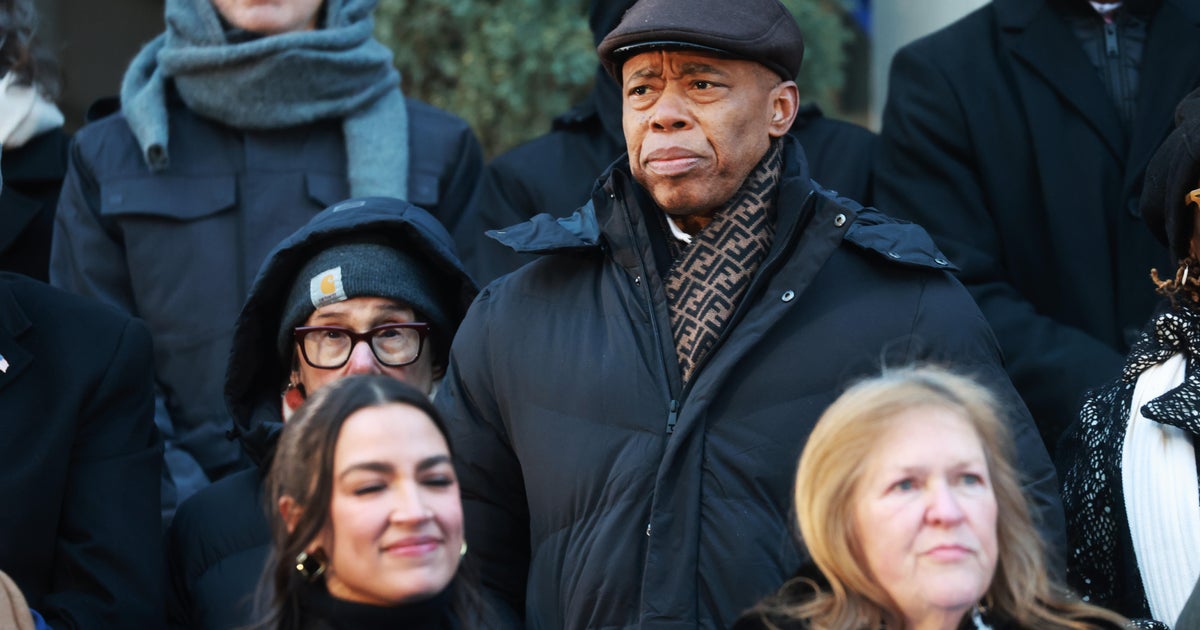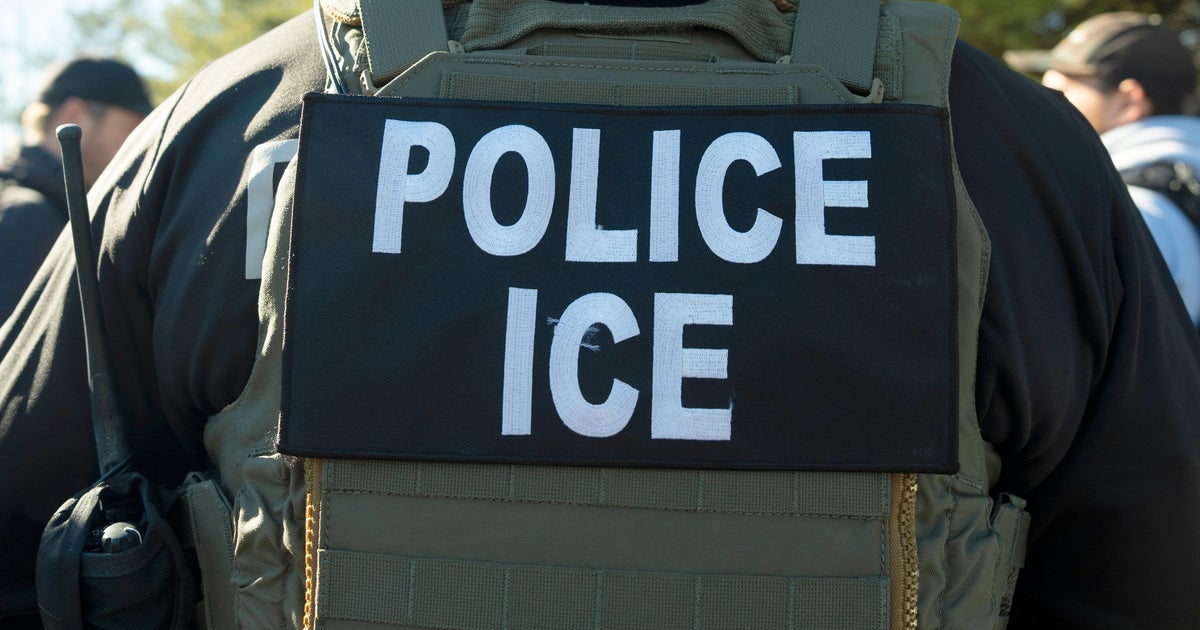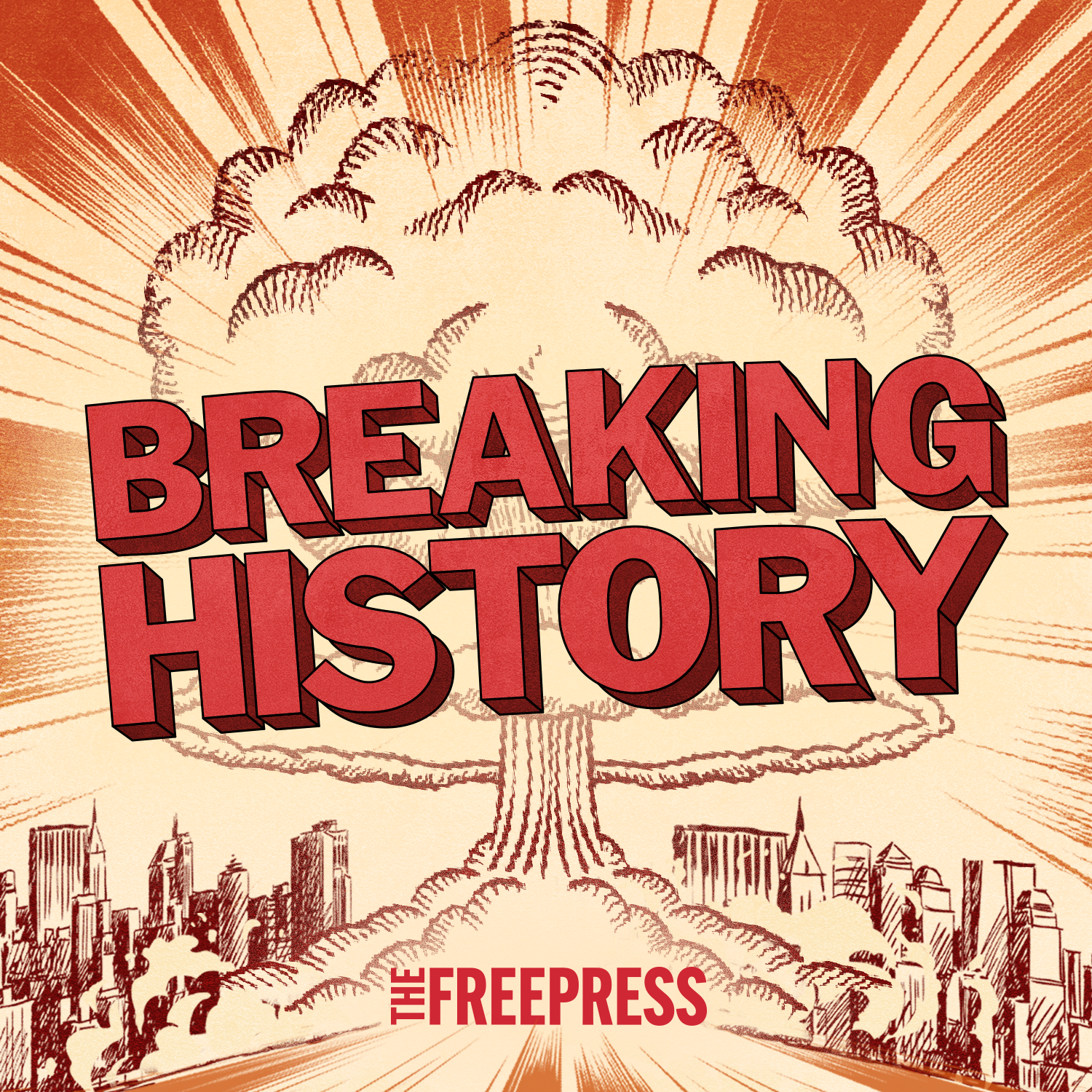Bloomberg and NDAs: Here's how nondisclosure agreements work
Billionaire business executive Michael Bloomberg stumbled in Wednesday's Democratic debate when pressed by Senator Elizabeth Warren about nondisclosure agreements signed by women regarding allegations of workplace misconduct at his media company. The testy exchange raised questions about the fairness of employers using these agreements, known as NDAs, to effectively muzzle employees.
NDAs began as a standard legal document aimed at preventing employees from revealing trade secrets and corporate strategies, but during the #MeToo movement they have drawn scrutiny for another reason. Because some companies turned to NDAs as part of settlements with women who alleged sexual harassment, critics claim the restrictions shield abusers while silencing workers.
"No one should be forced to stay silent for the abuse that was committed against them," Shaunna Thomas, co-founder and president of UltraViolet Action, a women's advocacy group, said Thursday in commenting on Bloomberg's remarks during the debate. "His refusal to allow former Bloomberg employees to be released from NDAs is really shameful."
Workers generally are allowed to speak about alleged workplace wrongs, yet these settlements effectively prohibit them from disclosing their complaints. Meanwhile, there are a range of NDAs, according to the American Bar Association.
A nondisclosure provision, which is typically what people mean when they refer to an NDA, bars signers from disclosing specific information, such as claims of bias or harassment that led to a settlement. By contrast, non-cooperation provisions bar signers from cooperating with claims from other parties who want to sue.
As for Bloomberg and his company's NDAs, it's unclear how many were signed or what they stipulate. When pressed by Warren to disclose the number of women who signed them, Bloomberg didn't divulge details.
It's also unclear what types of underlying allegations sparked the agreements, although as the Washington Post recently reported, Bloomberg's company has faced accusations of workplace discrimination against women.
"None of them accuse me of doing anything," Bloomberg said in the debate of the NDAs, adding, "Other than maybe they didn't like a joke I told."
Can you be released from an NDA?
Violating a nondisclosure agreement by talking publicly about the underlying claims can come with the threat of penalties for the alleged victims, although courts may not enforce the terms if disputes arise.
But there is at least one case where a company has released alleged victims from their NDAs. In October, NBC Universal said it would release former employees from NDAs relating to harassment allegations against former Today show host Matt Lauer. NDAs have been used in settlements across a number of companies, including Fox News and CBS News parent company CBS Corp.
Bloomberg suggested in the debate that releasing the women bound by their NDAs wouldn't be possible without their assent. And lifting the restrictions doesn't necessarily mean they would have to speak publicly about their claims, points out Thomas of UltraViolet Action.
She said she would have liked to have heard Bloomberg acknowledge the difference in power between a multi-billionaire employer and workers with grievances. "While his employees did negotiate and sign them of their own volition, the power imbalance and the financial ruin at stake of the employee is something he could have demonstrated he understands," she noted.
In the meantime, her group is urging the Democratic National Committee to block candidates with active NDAs from taking part in the next debate. "The DNC should require that all candidates should release people from NDAs," she added.



